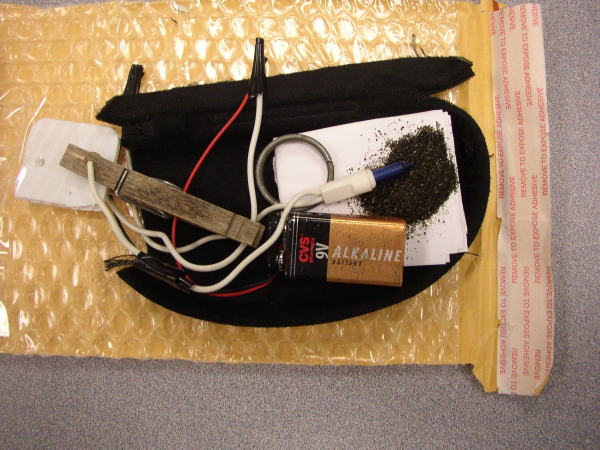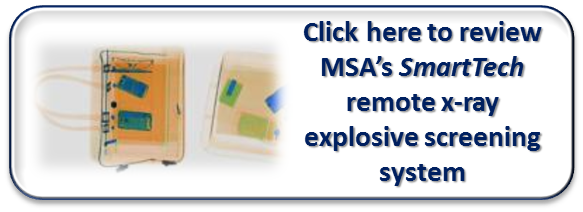A parcel bomb was sent to the offices of Italian newspaper La Stampa on Tuesday, but failed to detonate when opened, prompting an evacuation of the building as bomb disposal teams were deployed. “Inside there was a mechanical system, which did not function, but was capable of detonating a device,” La Stampa said on its website, which showed a photograph of the bomb in a type of hard case usually used for carrying CDs.
The package was delivered to the newspaper's headquarters in Turin (northern Italy), and was opened by an employee of its publishing arm. The package had passed a metal detector without setting off alarms. Auto giant Fiat, Italy's biggest private sector employer, was holding its annual general meeting of shareholders also in Turin on Tuesday.
The newspaper quoted police saying that the FAI anarchist group, which has claimed a series of small bomb attacks in recent years and is allied with Greek anarchists, was most likely responsible. The FAI has claimed a series of parcel bomb attacks on foreign embassies in Rome and European Union leaders in recent years, as well as bombs sent to tax offices and police stations in Italy.
The device, consisting of a CD carrier, powder, cables, and a detonator, did not explode because a component of the detonator malfunctioned, the sources said, based on initial indications. It was not accompanied by a note or information about who it was sent by.
A source at La Stampa said the parcel was opened by an employee who sorts the mail, adding that it was not clear if the device had been damaged in the post or whether its creator had intended for it to not explode.
The paper had no information about why it may have been a target. Turin police have urged other newspaper offices to be alert for similar packages. The device is pictured below.
(Image Credit: La Stampa)
This device is a design copy of several others including one sent to Deutsche Bank in Germany in December 2011. Here, a CD jewel case was used; in others an eyeglass case was used. The device has a clothes pin switch, and is electrically initiated upon opening and pulling the case out of the envelope.
In the Deutsche Bank case, the IED was detected via X-ray BEFORE anyone tried to open it. In this case, a mailroom employee opened it and it failed to function as designed. One of the reports indicates that the La Stampa device was screened with a metal detector, but not identified as a threat. X-ray screening is better than metal detection screening for detecting Improvised Explosive Devices (IED).
A mock up of the Deutsche Bank device, an MSA training image, is pictured below.

(Image Credit: MSA training image)
MSA developed SmartTech™ to support X-ray screening operations and to prevent unnecessary evacuations by providing X-ray screeners anywhere in the world immediate access to highly experienced bomb technicians. For more information about SmartTech and MSA's X-ray screening capabilities, Contact Us today.

